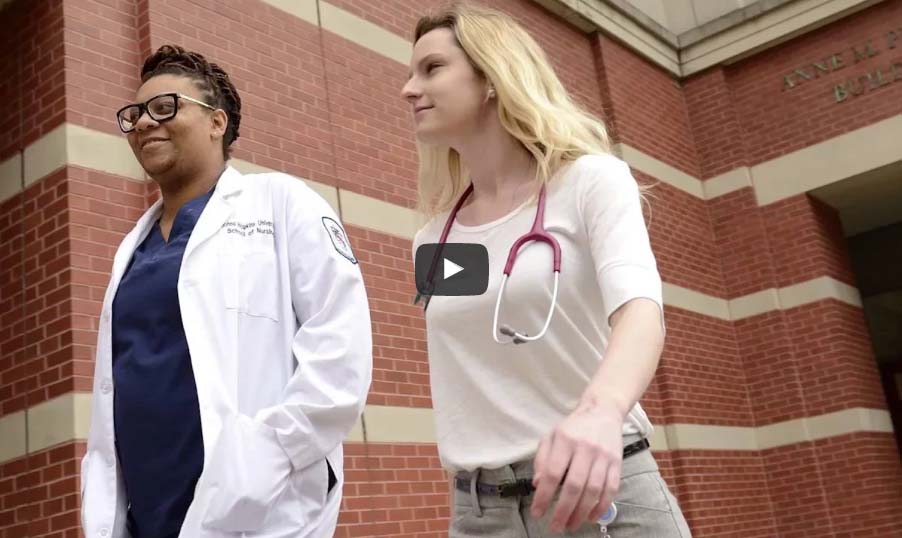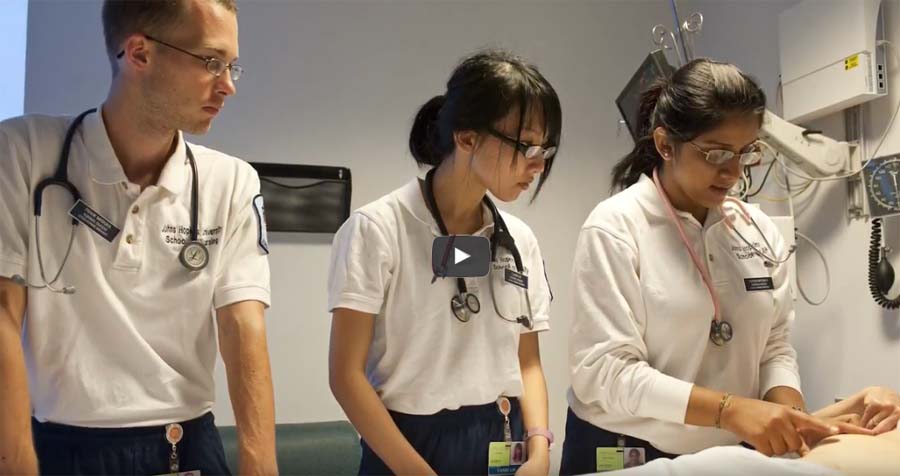Nurses are consistently ranked the nation’s most trusted profession, and we take seriously our call and promise to patients to protect their health and wellbeing. But doing so doesn’t happen by accident, and it requires thorough understanding of how important ethical guidelines are to our everyday practice.
On a daily basis, nurses face ethical challenges and are confronted with situations where there are competing values and interests. The ethical questions are many: How should nurses respond when there are limited human and material resources? How do we decide who is going to receive a scarce organ? How do we create fair and equitable access to basic health care? And how do we balance a patient’s possibility for improvement with the potential for suffering due to treatment?
 These issues aren’t isolated, and in fact, they are woven into the practice of nurses in all levels and settings. Isabel Hampton Robb, first superintendent of nurses at the Johns Hopkins Hospital and principal of its training school, had a keen awareness of how ethical issues affected practice among the nurses she led. She authored the first ethics textbook for nurses in the United States and set the groundwork for the American Nurses Association’s Code of Ethics used today. The code, most recently revised in 2015, is a non-negotiable set of ethical guidelines that gives guidance to nurses and provides a framework for navigating and assessing options that are aligned with ethical values.
These issues aren’t isolated, and in fact, they are woven into the practice of nurses in all levels and settings. Isabel Hampton Robb, first superintendent of nurses at the Johns Hopkins Hospital and principal of its training school, had a keen awareness of how ethical issues affected practice among the nurses she led. She authored the first ethics textbook for nurses in the United States and set the groundwork for the American Nurses Association’s Code of Ethics used today. The code, most recently revised in 2015, is a non-negotiable set of ethical guidelines that gives guidance to nurses and provides a framework for navigating and assessing options that are aligned with ethical values.
Often times, I think we see ethics as an extra or something separate from the care we provide patients, but we need to be competent and explicit in the ways we think and address ethical issues. So, how do we get there?
As nurses, we must be able to recognize and name ethical issues, understand their contours, and then reason through them in a coherent and meaningful way. It can be challenging to separate opinion from fact and resist the temptation to draw conclusions based on reaction or defensiveness. But as we look deeper into varying points of view, we often develop greater understanding of perspectives we hadn’t yet considered and are better able to hold ourselves accountable to standards that are true to our character.
What’s most important as we explore this topic of ethics is to remember that the question is not whether we will encounter difficult ethical situations, but rather how we will respond when we are inevitably met with them. Ethics should come at the very beginning of both our education and in our thought process as we enter and progress as nurses. Being prepared and grounded in the profession’s foundation of ethical values and principles is the first step to responding and maintaining a plan that ensures compassionate and respectful care for all.
ABOUT THE AUTHOR: CYNDA RUSHTON, PhD, RN, FAAN
 Cynda Hylton Rushton is the Anne and George L. Bunting Professor of Clinical Ethics in the Johns Hopkins Berman Institute of Bioethics and the School of Nursing, with a joint appointment in the School of Medicine’s Department of Pediatrics. Her current scholarship in clinical ethics focuses on moral distress and suffering of clinicians, the development of moral resilience, palliative care, and designing a culture of ethical practice.
Cynda Hylton Rushton is the Anne and George L. Bunting Professor of Clinical Ethics in the Johns Hopkins Berman Institute of Bioethics and the School of Nursing, with a joint appointment in the School of Medicine’s Department of Pediatrics. Her current scholarship in clinical ethics focuses on moral distress and suffering of clinicians, the development of moral resilience, palliative care, and designing a culture of ethical practice.

